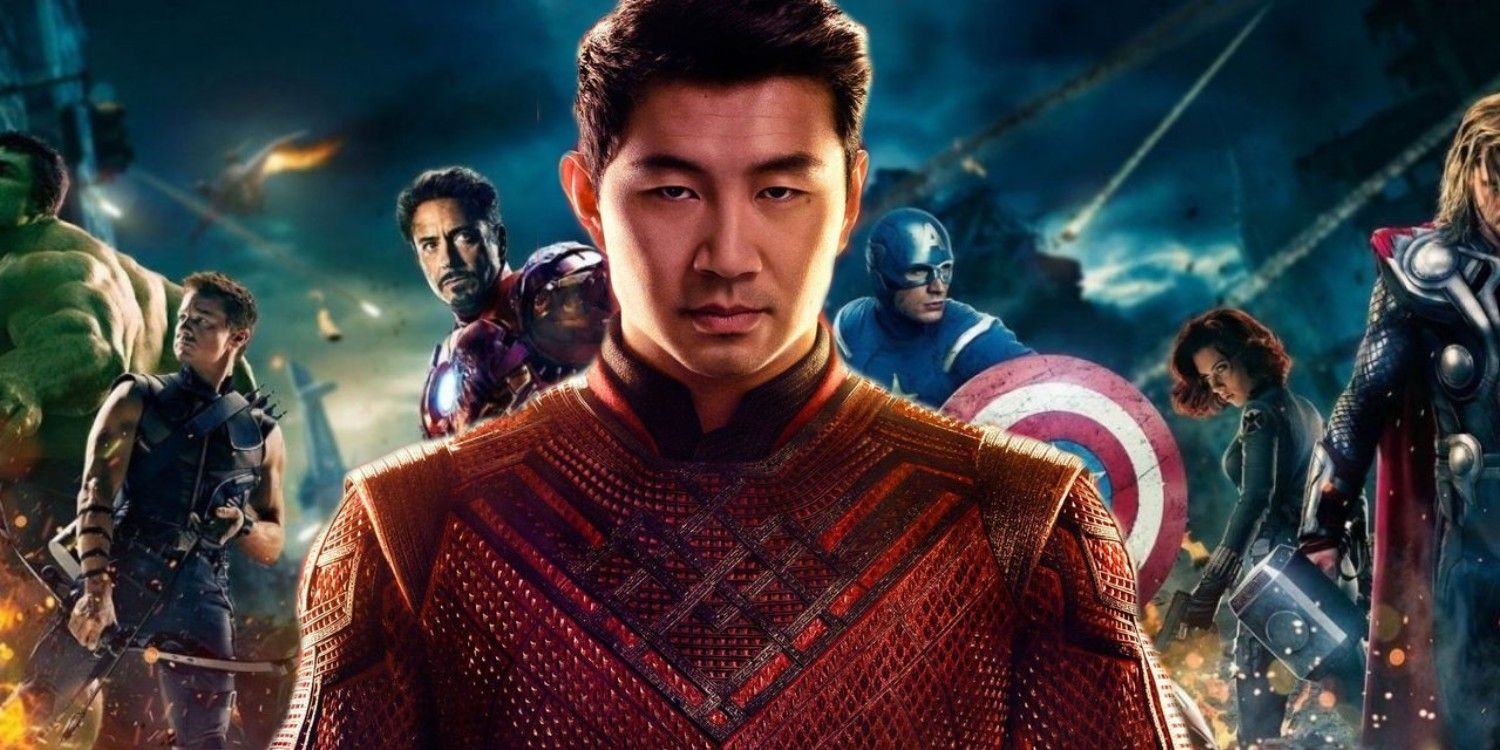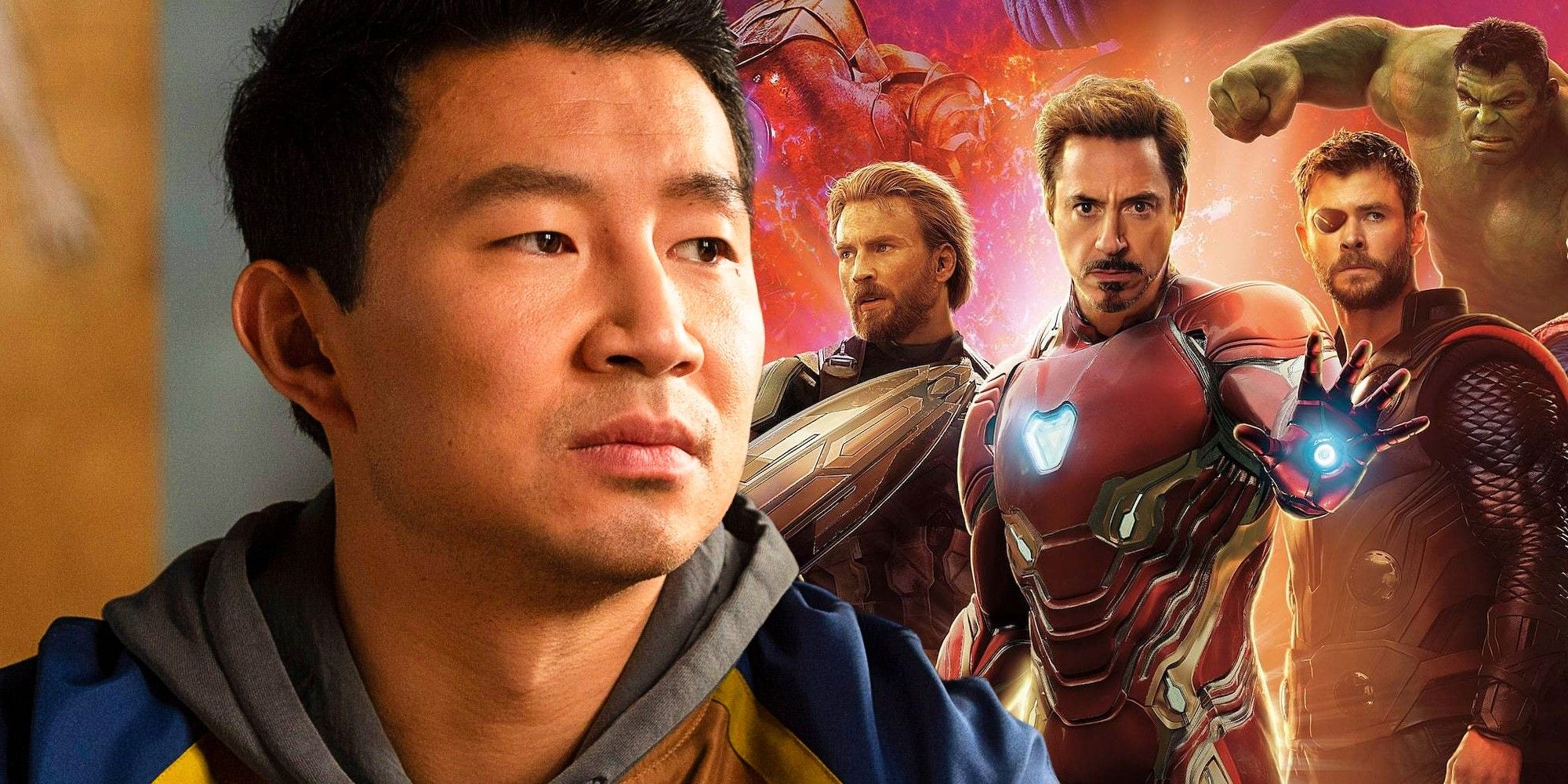
Marvel's Shang-Chi and the Legend of the Ten Rings might be the first cinematic MCU release to actually take place in the time period of Phase 4, but it also showcases just what was so good about Phase 1. An origin story that introduces Marvel's Master of Kung Fu into the MCU, Shang-Chi was quick to garner praise from critics for both its representation and the way in which it expands the wider MCU, even making Marvel's One-Shots finally relevant. Not least, Shang-Chi and the Legend of the Ten Rings gives the Ten Rings organization a proper backstory by linking back to the MCU's very beginnings.
The Ten Rings' most notable previous MCU appearance was their very first back in 2008's Iron Man, in which they were responsible for kidnapping Tony Stark and setting him on the path to becoming a hero. All that time ago, the MCU was little more than a distant hope for Marvel, but that setup was finally able to pay off thirteen years later in Shang-Chi, and it proves just how much Phase 1 really nailed Marvel's formula. Being the first post-Endgame narrative, at least in film, Shang-Chi had a lot to deliver. Not only did it need to set up the new Avengers team after Endgame, but it also had to serve as the beginning of an entirely new saga while still existing alongside the entirety of the existing universe.
In the pursuit of ticking so many boxes, Marvel was actually able to highlight that they've been preparing for this all along, which actually makes for an even greater appreciation of just how good the MCU's first phase really was. Phase 1 was made up exclusively of its heroes' origin stories (even Iron Man 2 shows War Machine's origins), and while both Phases 2 and 3 introduced new characters, this was always done with a focus on the wider Infinity Saga. Shang-Chi marked a return to the MCU putting a little more emphasis on the standalone story - of course, Shang-Chi still connects to MCU's Multiverse, but the only required viewing for added context is Iron Man 3, and even that isn't entirely necessary.

This throwback to the slightly more isolated outings of Phase 1 is actually refreshing. Some audiences may have grown weary of the intricate interconnectivity of the MCU's various entries, and Shang-Chi offers respite from that, standing as a self-contained origin story in the same vein as Iron Man or Captain America: The First Avenger. Those films used Marvel's extensive source material as Easter eggs rather than important plot points, and simply focused on adapting their specific characters to the screen. This enabled hardcore comics fans to understand the subtleties of the film without alienating potential newcomers to the audience. In Marvel's domination of cinema over the past 13 years, that dynamic was lost, but Shang-Chi managed to recapture that quality.
Of course, it does make connections to earlier films, such as The Incredible Hulk's Abomination appearing in Shang-Chi's cage match, and 13 years into the franchise, it wouldn't make sense for it not to. What Shang-Chi does so well, though, is capitalizing on what appeared to be oversights in Phase 1 by showing that the Ten Rings hadn't been forgotten by the MCU, but had been at play beneath the surface the whole time. Even if that wasn't a deliberate setup from years back, it just shows how strong the MCU's foundation is that the studio could find a way to work them back into the story and tie up loose ends. It also gave the franchise a chance to correct Iron Man 3's Mandarin misstep without retconning it, which was a masterclass in owning a mistake while still saving face. All of these combined to make Shang-Chi and the Legend of the Ten Rings both a promising entry to Phase 4 and a pleasant reminder that Marvel has been absolutely nailing its films for over a decade.
https://ift.tt/38JDwgk
September 19, 2021 at 01:43AM




